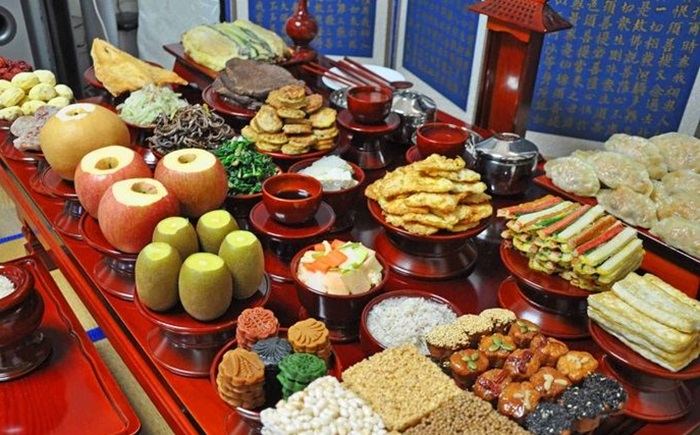On January 2, 2025, at 16:07, it has become evident that prices for New Year foods and daily necessities in South Korea have seen significant increases. This trend affects holiday preparations and everyday expenses for consumers.
Surging Prices for Traditional Foods
The cost of traditional New Year foods is surging. Key ingredients like rice cakes, tteokguk (rice cake soup), and other holiday staples are becoming more expensive. Retailers report higher wholesale prices, which are passed on to consumers. Families preparing for the New Year celebrations face steeper bills at grocery stores.
Increased Costs for Daily Necessities
Increased costs for daily necessities add to household burdens. Items such as toilet paper, cleaning supplies, and personal care products have also risen in price. These essential goods are indispensable for everyday life. Higher prices mean that families must allocate more of their budget to basic living expenses.
Factors Driving Price Increases
Several factors drive these price increases. Supply chain disruptions and rising production costs play a major role. Transportation fees have gone up due to fuel price hikes. Additionally, labor costs have increased, further impacting product prices. These combined pressures lead to higher retail prices across various sectors.
Impact on Consumer Spending
Impact on consumer spending is notable. With essential items costing more, consumers may cut back on discretionary spending. Some families might reduce their holiday gift-giving or dining out less frequently. The financial strain can affect overall economic activity, particularly during festive seasons when spending typically spikes.
Government Responses and Support
Government responses aim to mitigate the impact. Authorities are monitoring market trends closely and considering measures to stabilize prices. Possible actions include subsidies for essential goods and temporary tax relief. Efforts to support vulnerable households ensure they can still afford necessary items despite the price hikes.
Advice for Consumers
Advice for consumers focuses on smart shopping. Planning ahead and comparing prices between different stores can help manage costs. Bulk buying certain non-perishable items can offer savings. Consumers are encouraged to be mindful of sales and promotions to stretch their budgets further.
Conclusion
South Korea’s New Year goods and daily necessities are experiencing price hikes as of January 2, 2025. Rising costs for traditional foods and essential items challenge consumers’ holiday preparations and daily budgets. While the government monitors and considers supportive measures, consumers are advised to shop wisely to navigate these economic changes effectively.
Related topics:
- Myanmar’s Major Oil Hub Faces Low Operational Rates
- US Seeks Public Input on Importing Fresh Pineapples from Indonesia
- China’s Frozen Shrimp Imports Rise in November

